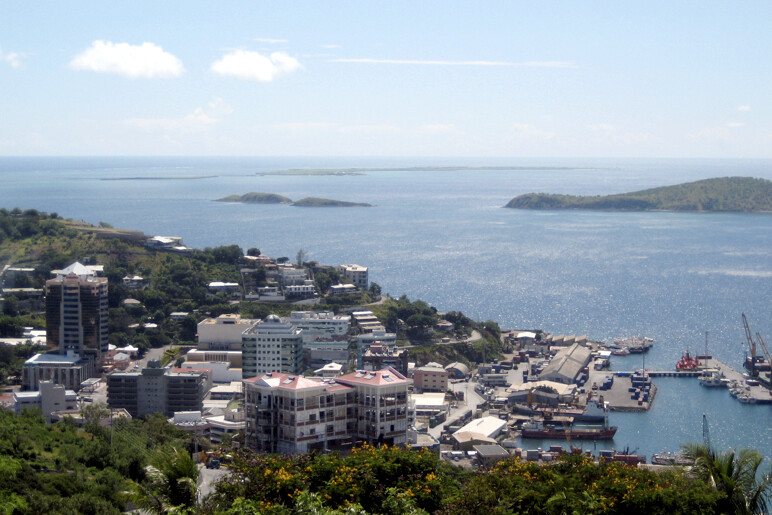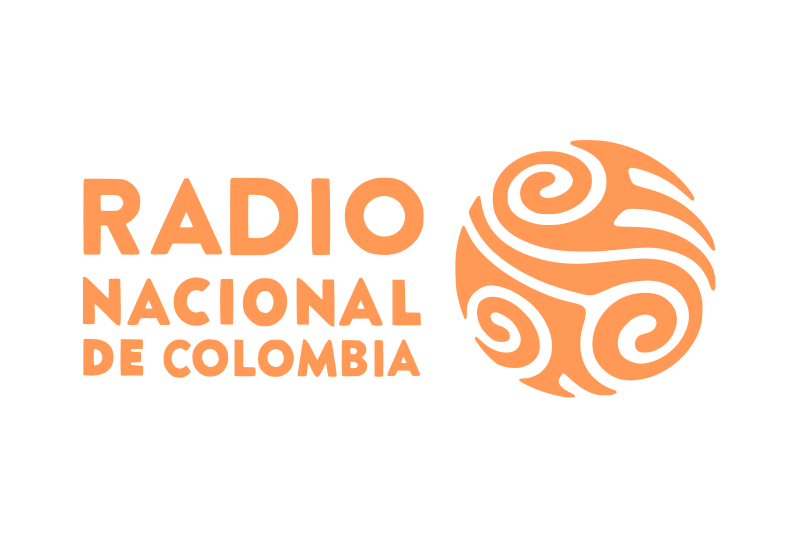Resignations and discord lead to turmoil at RTVC
21st February 2024
It appears the crisis facing the Colombian public broadcaster RTVC is not going to end any time soon, as struggle in management continues and the sudden departure of the deputy radio manager raised controversy among journalists in the country.

IN BRIEF:
- Colombia’s public media RTVC has been facing an administrative crisis as delays in hiring and payments of contractors continue.
- Tensions within management are having an impact on RTVC’s working conditions and the quality of the content produced by the broadcaster, while Hollan Morris, Deputy Manager of TV at RTVC, has been accused of harassment and abusive behaviour by several RTVC workers.
- Dora Brausin, the Deputy Radio Manager of RTVC gave her resignation as she disagreed with the turn the management of RTVC was taking, in particular because of their strong support of President Gustavo Petro.
IN FULL:
– By Charlotte Pion
On the Day of the Journalist, celebrated on 9 February in Colombia, Dora Brausin announced she was leaving her function as Deputy Radio Manager at the Colombian public broadcaster RTVC. Her reason was a disagreement about the way the public media was being guided.
Her sudden resignation stirred up controversy in the media and among journalists, coming as it did during a time of turmoil for RTVC with an apparent management crisis while also facing accusations of harassment and a drop in public trust.
Discord within RTVC’s management
The departure of Brausin, an important figure in Colombian journalism, described as “a guide for many journalists”, exposed the precarious situation in which RTVC currently finds itself.
RTVC has been confronted with a significant administrative crisis and internal conflicts that became apparent in December 2023.
The appointment of Hollman Morris as Deputy Manager of Television in July 2023 has transformed the channel’s audience harmony and success into a chaotic situation. Since his appointment, tensions appeared between Morris, a well-known collaborator of President Gustavo Petro, and the current director of RTVC Nórida Rodríguez, whose appointment Morris disapproved of.
Read more: Focus On PSM: RTVC – Colombia’s Public Media System
The tensions between Rodríguez and Morris seemed to have caused a real crisis in the public media. In addition to delays in the hiring and renewal of contracts, contractors have not been paid their fees corresponding to December 2023, reported Infobae. This situation is all the more worrying, given that the majority of RTVC workers (more than 2000 people) are employed under service contracts, while the company counts only 72 permanent employees.
“Everything is worse than before, there is no continuity in hiring, they are two-month contracts and the contractors have to renew every two months. There is no director at Radio Nacional, there is no director at Radiónica, the deputy radio manager is taking over all these positions”, said a RTVC contractor to Sigue la W, a month before Brausin resigned.
“Public media is an institution of the state, of the citizens. The content they produce should be designed to bring people together. Expressing that disagreement is what keeps me out,” – Dora Brausin, Former Deputy Radio Manager at RTVC.
In response to this, RTVC acknowledged that delays in contract drafting were common in public entities. However, the challenge lies in balancing these delays with the continuity of critical services, like the newscast. While contracts are being finalised, RTVC’s newscast is functioning with the bare minimum staff required for its three daily broadcasts. RTVC workers have been complaining that these delays are also due to the lack of communication between the two managers, who allegedly only speak to each other by email
Due to these internal conflicts, a decline in the quality of content at RTVC was reported, a concern that is widely shared among both employees and viewers of the channel.
Listen toour podcast
Uncovering and exploring the biggest
issues facing public media
Cases of harassment at RTVC
But the departure of Brausin was not the only element that revealed to the general public the internal problems within RTVC.
In January, a letter written by the director of the TV channel, Señal Colombia, Silvana Orlandelli, revealed the irregularities and abuses in the management of Hollman Morris. In this letter, she denounced abusive working conditions and disorganisation in the channel’s programming, which she pointed out as the direct responsibility of Morris.
Orlandelli expressed her frustration over what she perceived as a lack of planning in the programming schedule, and worries about how this may impact the team’s morale and the quality of service the station could provide. In addition to concerns about the station’s credibility with viewers, Ordanelli also talked about workplace abuse, stating that she feels persecuted, insecure, poorly informed, and deprived of her right to work with dignity.
The complaints of abuse and harassment within the RTVC have been transferred to the Attorney General’s Office who led an enquiry at the public media company.
The 8 February march
On February 8, President Petro called the people to support him and defend his government against the “institutional rupture” orchestrated by the Attorney General’s Office to remove him from power. President Petro had been in a longstanding dispute with outgoing Attorney General Francisco Barbosa, accusing the top prosecutor of trying to oust him after launching an investigation into the financing of his election campaign.
The participation of RTVC and other national institutions in these marches – as well as messages of support for the march from RTVC’s management – aroused criticism amongst the opposition and put in question the impartiality of the public media.
“This February 8 we continue moving for life and democracy”, were the messages published by both Rodríguez and Morris, accompanied with impactful slogans in support of President Pedro.
Este 8 de febrero nos seguimos moviendo por la vida y por la democracia. pic.twitter.com/BJhwFFhMqn
— Nórida Rodríguez (@Noridaoficial) February 5, 2024
“We are experiencing a worrying denaturalisation of the role of state entities,” warned the representative of the Democratic Centre Andrès Forero, discussing the politicisation of both the SENA (National Learning Service) and RTVC.
Brausin, who had been with RTVC for 25 years, said that in all the presidential terms she has been with the institution, there has always been an attempt to use the public media as a tool of propaganda for the government of the day.
“Public media is an institution of the state, of the citizens. The content they produce should be designed to bring people together. Expressing that disagreement is what keeps me out,” she said .
So far, there has been no statement from RTVC regarding Brausin’s departure. However, a source told Semana, “I feel that whenever there was a change of government she always stayed very firm in her position: that radio is for the people, because radio belongs to Colombians as a public medium. But I felt something completely different when this government arrived, because there are removing a lot of people from [from their public position]”.
Meanwhile, online users are seeking explanations and pondering the fate of Colombia’s public media. They have urged for RTVC not to be used as a political instrument for Gustavo Petro’s advantage, but rather as a tool to consolidate democracy supported by high-quality information made for the people.
Related Posts
16th February 2024
New wave of criticism for proposed Papua New Guinea media law
Critics say a proposed media law would…
18th January 2024
Increased pressure on public media in Argentina
Tensions are rising for public media in…
8th March 2022
Colombia’s local radio stations working for peace
In Colombia, local radio stations are…




